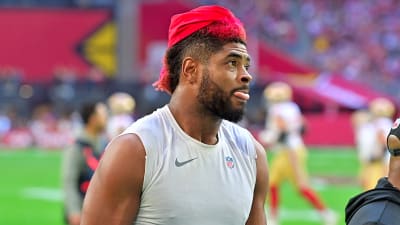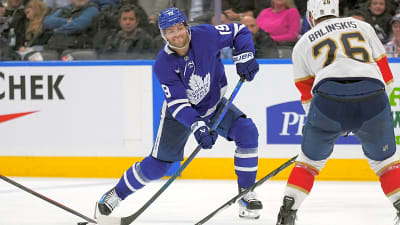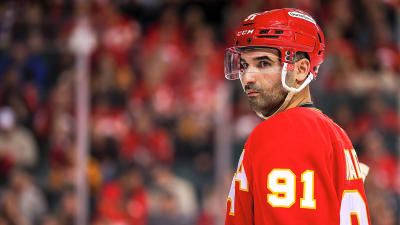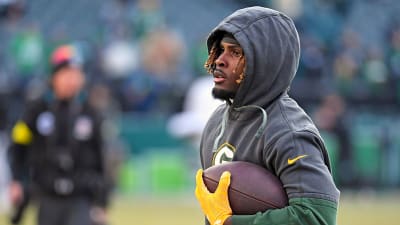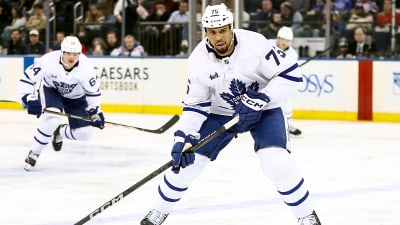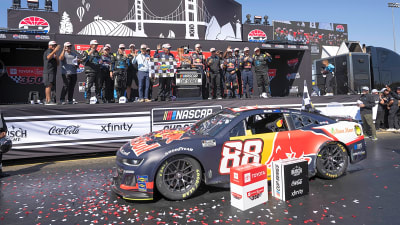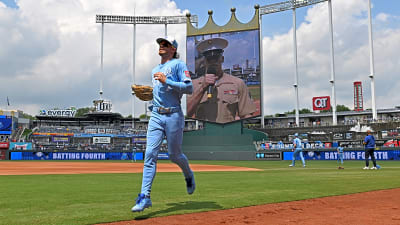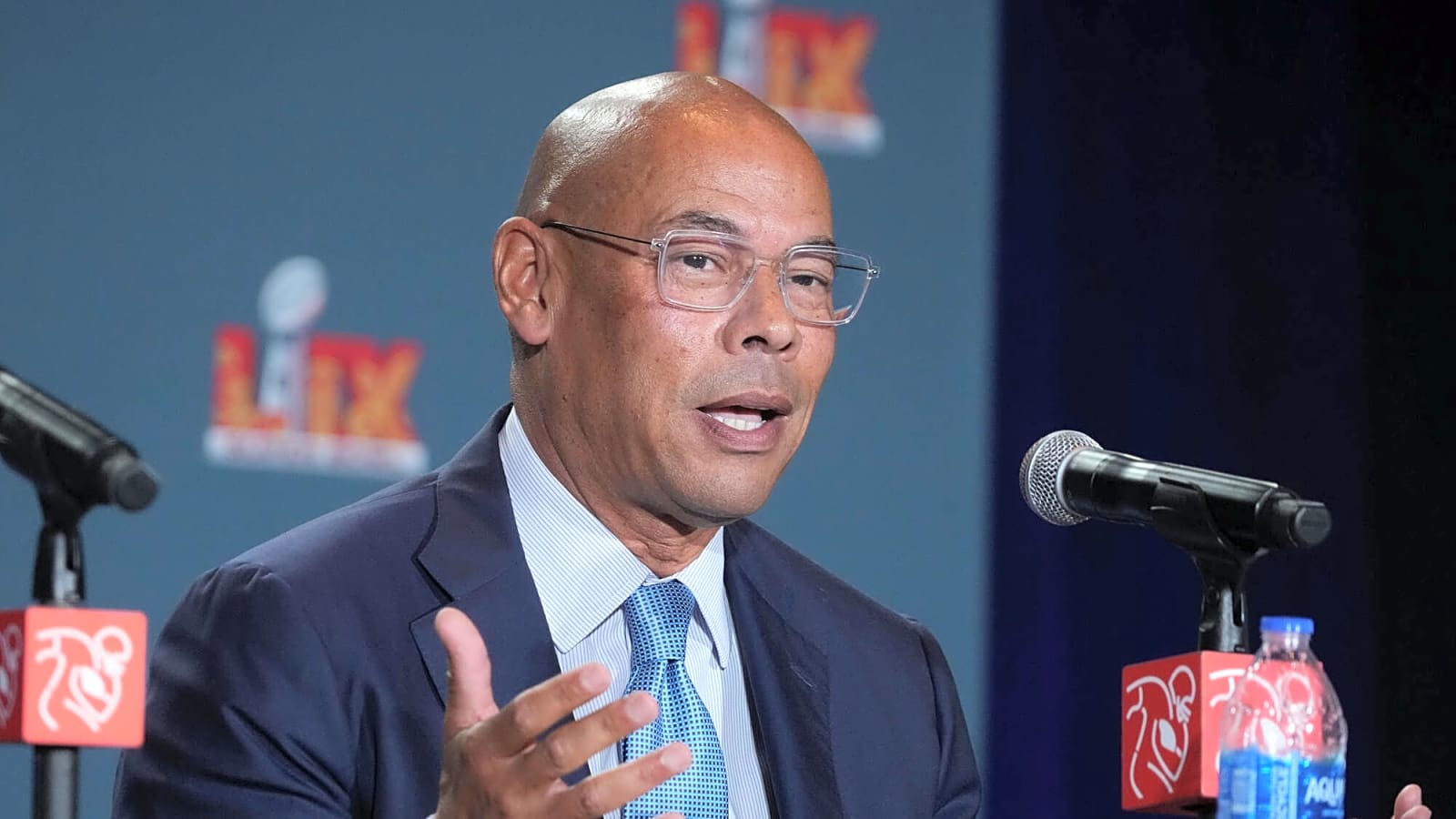
Lloyd Howell Jr., the executive director of the NFL Players Association, is also working as a part-time consultant for The Carlyle Group—a private equity firm approved by the NFL to invest in team ownership. Howell started working with Carlyle in March 2023, just three months before he was hired to lead the NFLPA. In August, the NFL gave Carlyle and a few other firms the green light to buy minority stakes (up to 10%) in NFL teams.
Concerns About a Conflict of Interest
A month after the NFL gave approval to Carlyle, a senior NFLPA lawyer asked Howell to consider stepping away from the firm. The reason: it might look like a conflict of interest if a union leader worked for a company that could soon have a stake in NFL franchises.
Despite the request, Howell decided to keep his role at Carlyle. He has continued working there through the present, even as Carlyle explores possible NFL investments—though they haven’t made any deals yet.
Howell and Carlyle Respond
A spokesperson for the NFLPA said Howell would not comment. A source close to Howell told ESPN that he remembers only a concern being raised by “a union employee,” and said he planned to look into it carefully.
Carlyle said Howell told them about his NFLPA job and had no role in the firm’s work related to the NFL. According to spokesperson Kristen Ashton, Howell was not involved in any decisions or internal discussions about the league. “He had no access to information about the NFL and Carlyle process beyond public news reports due to strict Carlyle information barriers in place.“
Carlyle also said it didn’t know about the union’s request for Howell to step down.
Union Veterans Are Troubled
Longtime NFLPA lawyer Jim Quinn, who advised previous union leaders like Gene Upshaw and DeMaurice Smith, said outside jobs were never allowed in the past.
“As far as I knew, they never had the ability to earn outside income,” Quinn said. “That wasn’t their job. Their job was to represent the players.”
Quinn called Howell’s decision to keep his Carlyle job “an outrageous conflict,” noting that labor unions must stay fully independent from any connection to ownership.
More Scrutiny Around Howell’s Leadership
The conflict question isn’t the only issue Howell is facing. Earlier this year, the union made a deal with the NFL to keep the results of a January arbitration ruling private. That ruling involved whether owners colluded to limit guaranteed contracts after Deshaun Watson got his $230 million deal.
Arbitrator Christopher Droney ruled there wasn’t enough proof of collusion but did say that the union showed strong evidence that commissioner Roger Goodell and NFL general counsel Jeff Pash had pushed owners to hold back on guaranteed money.
Howell briefed players on the case but didn’t share the full ruling or reveal the key findings. The full report only became public after the Pablo Torre Finds Out podcast released it on June 24.
Two weeks later, the NFLPA announced it would appeal the arbitrator’s decision.
NFLPA Launches Internal Review
After ESPN reported in May that the FBI and federal prosecutors are investigating the NFLPA’s business ties to OneTeam Partners, the union brought in Ronald Machen from WilmerHale to lead a review of Howell’s work.
OneTeam, a licensing company co-founded by the NFLPA and MLBPA in 2019, is under scrutiny. Howell and MLBPA leader Tony Clark both sit on its board.
Machen hasn’t commented on the review, but sources say the investigation is focused on Howell’s outside work and overall leadership.
Past at Booz Allen Adds Another Layer
Before joining the NFLPA, Howell worked 34 years at consulting firm Booz Allen Hamilton. From 2016 to 2022, he served as the company’s chief financial officer.
In 2023, Booz Allen paid $377 million to settle a whistleblower case that accused the firm of overcharging the U.S. government. The lawsuit claimed Howell had been warned about the issue but did not act. The case was one of the biggest procurement fraud settlements in U.S. history.
More Outside Roles Raise More Questions
In addition to his part-time job at Carlyle, Howell sits on three company boards: GE HealthCare, Moody’s, and ManTech. According to filings, he made over $685,000 combined from Moody’s and GE HealthCare in 2023. ManTech, now owned by Carlyle, is privately held and doesn’t publish board compensation.
ESPN mentioned that the NFLPA executive committee was aware of Howell’s board roles and his work with Carlyle.
Even so, Quinn said these types of roles can also be problematic. “Contractually, and just as a matter of common sense, you probably would not be on other boards to the extent they could possibly have some relationship with the league,” he said.
Quinn added that past player union leaders didn’t hold side jobs or sit on corporate boards. “Marvin Miller, Don Fehr, Larry Fleisher, pick your favorite head of a players’ association, all of whom I represented — none of them had outside interests,” Quinn said. “Their only interest was in representing the players, whether it was basketball players, hockey players, football players or baseball players. So to me, this is just very troubling.”
More must-reads:
- Chiefs sign star offensive lineman to $94 million deal
- Five NFL teams that should be most concerned about second-round pick holdouts
- The 'Total touchdown leaders by NFL season since 2000' quiz
Breaking News
Trending News
Customize Your Newsletter
 +
+
Get the latest news and rumors, customized to your favorite sports and teams. Emailed daily. Always free!
